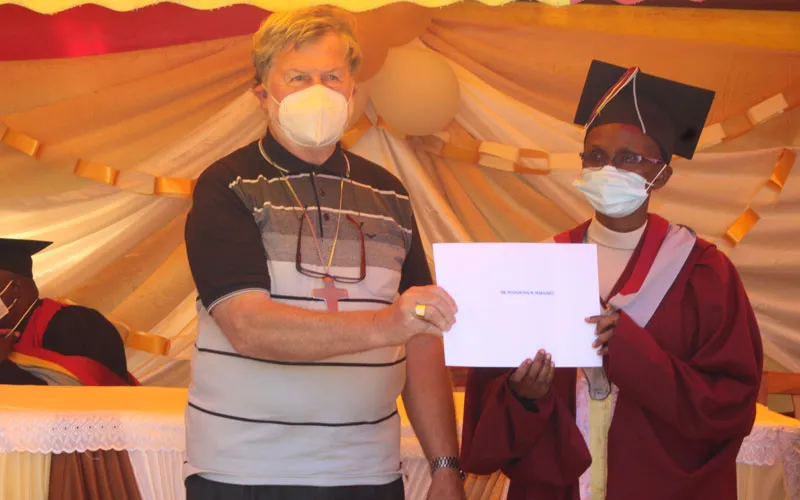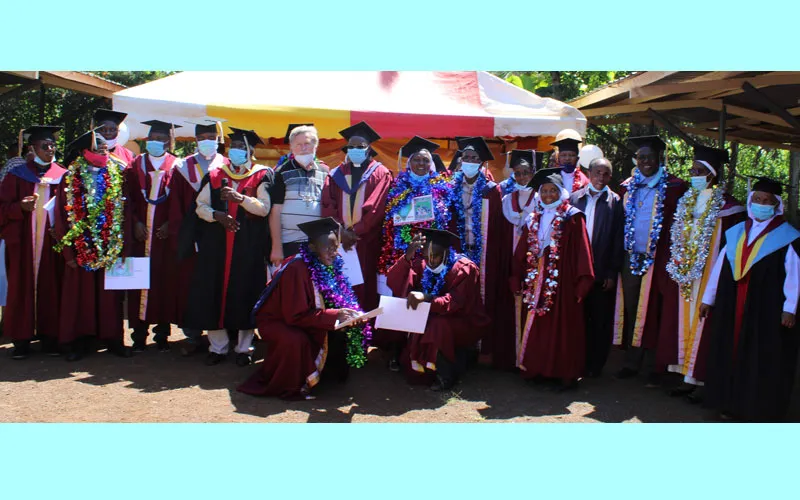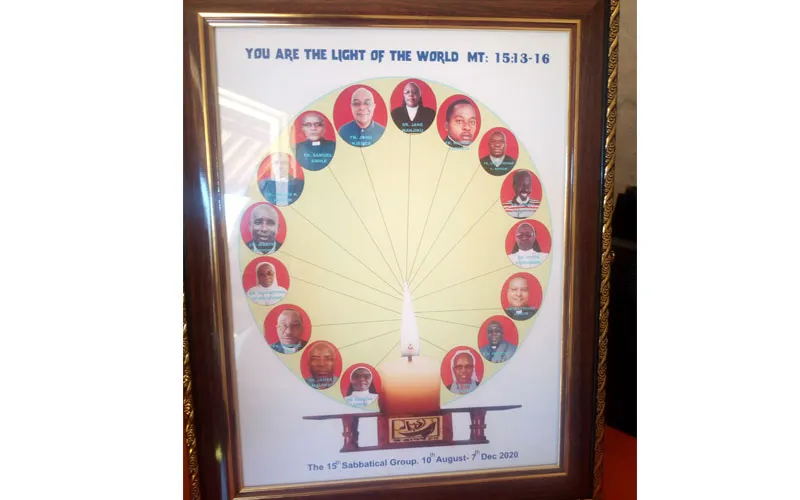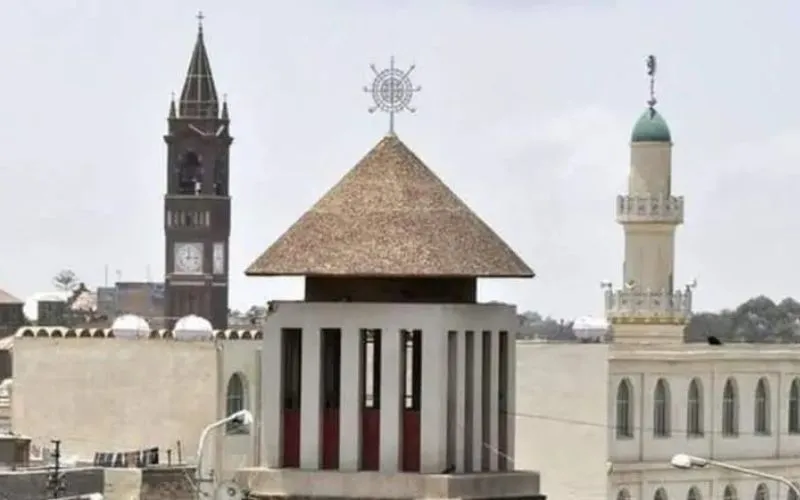For Sr. Monica Marachi Mwadime, the sabbatical program offered her an opportunity to work on her personal development and to rekindle her spiritual life and foster a deeper love for God, self and others.

“It’s time for quality rest. Time to pray, play, read and discuss,” Sr. Monica who has been a member of the Sisters of St. Joseph Mombasa for 46 years told ACI Africa adding, “I have grown.”
Making reference to the sabbatical program, she added, “I would recommend it to Priests and the Religious who have been in ministry for a number of years and maybe they have accumulated a lot of fatigue and they need a rest.”
For Fr. Martin Wanyoike, a Clergy of the host Diocese, the sabbatical program is “worth every minute and every moment.”
(Story continues below)
“Having worked in the vineyard for 27 years as a Priest, I literally looked forward to (resting) and I can confirm that after four months I have rested very well,” Fr. Wanyoike told ACI Africa December 7.
He added, “It was a moment to reflect on my life and priesthood journey; where I have come from, where I am and where I want to go in the future.”
“I would recommend it to other Priests and Religious because I came to a point of feeling exhausted, fatigued and almost at the point of burn out, but after four months, I feel renewed, refreshed and ready to face the future,” he added.
On the perception that sabbatical programs are meant for those with disciplinary cases, Fr. Wanyoike said, “It is a very unfortunate perception. That’s not the case.”

“My idea of the center was a bit ignorant and a bit negative, like if a Priest has a particular problem they need to come here and revisit their vocations,” Bishop Pante told ACI Africa regarding the negative perception associated with the sabbatical program.
The feedback from those who have undertaken the program has been very positive, with Priests giving testimonies of their transformation to their Bishops, Bishop Pante said, recalling the sharing he had with Bishop Peter Kihara of Kenya’s Marsabit Diocese whose Priests had graduated from the four-month program.
Upon Bishop Kihara’s recommendation, Bishop Pante asked two of his Priests to enroll in the program.
“At the beginning they were a bit doubtful, one asking me ‘Bishop, why are you sending me there and not someone else’. Now as I spoke to him, he is very happy. They are both appreciative that I sent them here,” Bishop Pante told ACI Africa referencing his two Priests who were part of the 15th session.
As the leadership of the center looks forward to the next session, which is expected to start on January 11, the Director of the program, Fr. Joseph Gatamu expressed the hope the Kenyan institution will enroll Priests and Religious women and men from outside the country as has been the case before COVID-19 restrictions.












